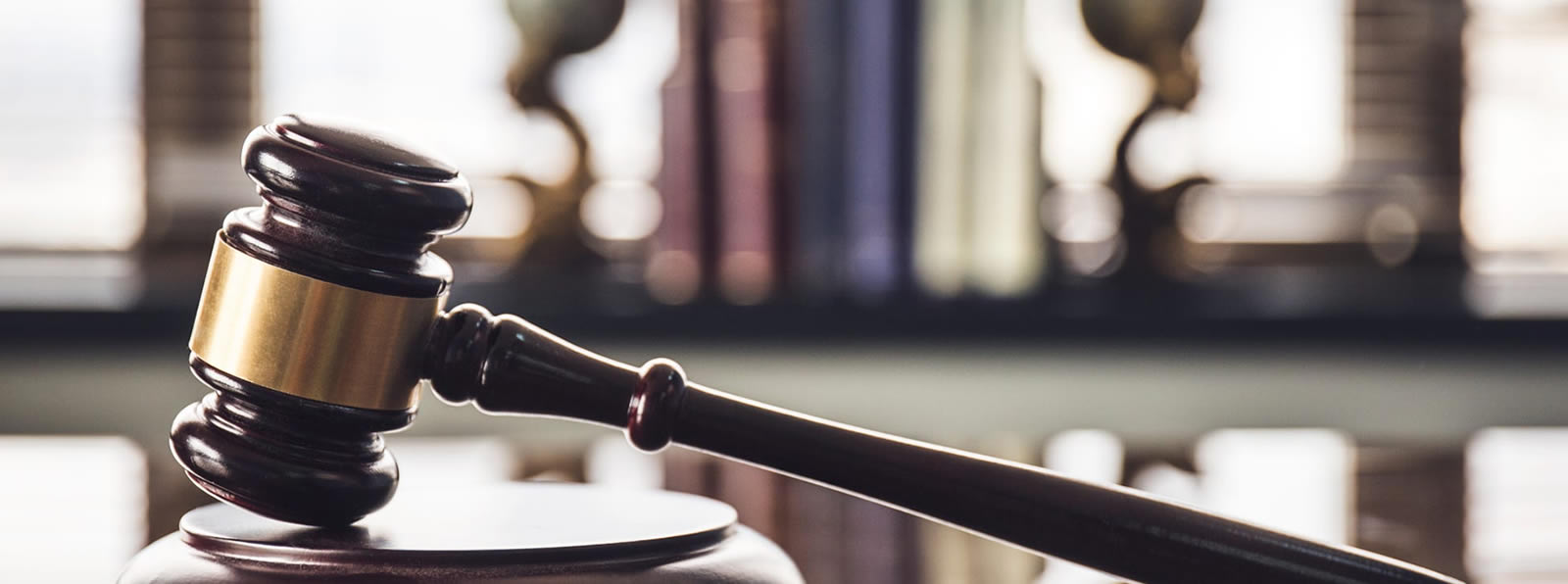CHEERS LTD v. UNITED DOCKS LTD - 2018 SCJ 163
CHEERS LTD v. UNITED DOCKS LTD 2018 SCJ 163
The present matter is an application for the stay of execution of a judgment delivered by a Judge, sitting in Chambers where the applicant, then Respondent, was ordered to quit, leave and vacate a premises and to discharge and/or dissolve the Order made by the same learned Judge in Chambers on the ground that the said Order refusing to stay execution of the judgment infringes the applicant’s right of appeal against the judgment delivered.
The respondent raised a preliminary objection to the effect that the application is procedurally flawed inasmuch as a similar application for stay of execution had already been declined by the learned Judge in Chambers and that the applicant is debarred from making the present application. Respondent moved that the present application be set aside. The respondent argued that the case should have been proceeded with by way of an appeal and not by motion supported by affidavit as has been done in the present case.
Contention:
The applicant sought to challenge the decision of a Judge in Chambers by way of a motion to set aside the judgment of the learned Judge in Chambers purportedly under section 73 of the Courts Act.
The Court ruled that the circumstances of the present case is similar to the case of Sport Data Feed Ltd (supra) and found no reason to depart from the interpretation given to section 73 of the Courts Act to be extended to an order of “stay of execution”.
The Court also held the proper procedure for challenging the decision of the Judge in Chambers refusing to stay execution of judgment pending the determination of the appeal is by way of an appeal from the decision to stay. It is an abuse of the process of the Court to enter a fresh application by way of motion with supporting affidavit to question the decision to refuse to stay.
The application was accordingly set aside with costs.
Etude Guy Rivalland defended the interests of the Defendant.



